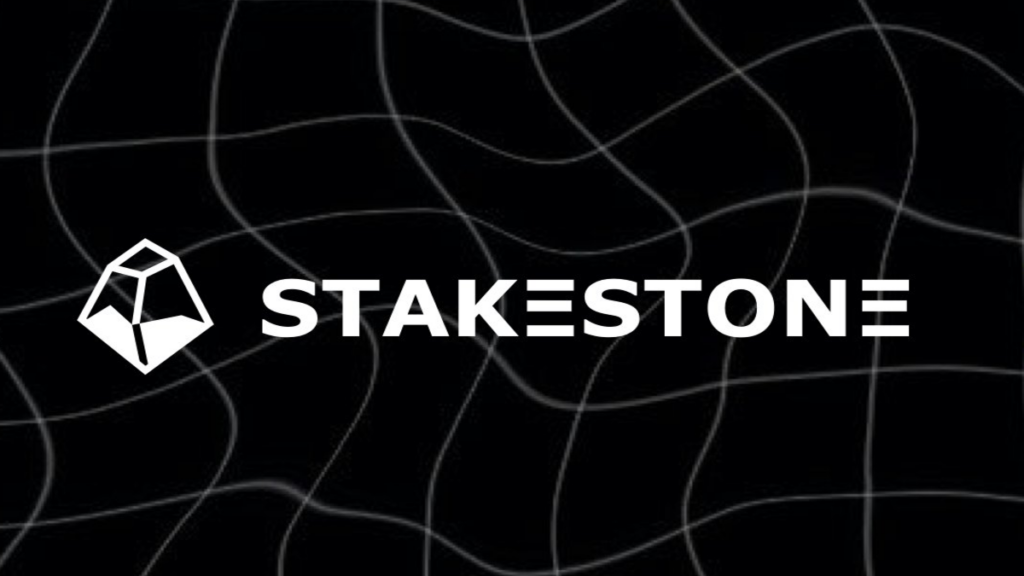TL;DR
- StakeStone implements Chainlink’s Cross-Chain Interoperability Protocol (CCIP) for ETH staking on layer-2 networks such as Arbitrum, Base, and Optimism.
- CCIP offers level 5 security, with an independent risk management system that ensures cross-chain operations.
- The integration expands the Chainlink ecosystem, enabling a safer and more efficient staking experience for users.
StakeStone has made a significant move by integrating Chainlink’s Cross-Chain Interoperability Protocol (CCIP) to enhance ETH staking across layer-2 networks like Arbitrum, Base, and Optimism. This advancement not only facilitates direct participation in staking from these networks but also guarantees a higher level of security and reliability, two critical factors for the success of any blockchain operation, particularly in an ecosystem as dynamic and volatile as cryptocurrency.
The integration of Chainlink CCIP was chosen for its ability to provide unique level-5 protection in cross-chain transactions, ensuring that user funds are safeguarded throughout the process. This protocol benefits from Chainlink’s Risk Management Network, an independent system that continuously monitors cross-chain operations for suspicious activity, adding an additional layer of security and protection for stakeholders.
In the company’s words,
“We chose CCIP as our interoperability solution because Chainlink has a proven track record of maintaining the highest standards of security and reliability in the blockchain industry, being the only cross-chain protocol that achieves level-5 security”.
They also emphasized that this solution is backed by a risk management network that constantly verifies operations to prevent any anomalies, offering an unparalleled level of trust.
Unifying Networks with Chainlink to Simplify Staking Across Multiple Platforms
Chainlink’s ability to connect different chains through its decentralized oracle network (DON) has been key to the success of this integration. Since its creation, the DON has secured over $75 billion in total value locked (TVL) in DeFi, facilitating on-chain transactions exceeding $16 trillion since 2022. This infrastructure enables the validation of cross-chain transfers through multiple nodes, ensuring a smooth, reliable, and highly secure process for users.

By integrating CCIP, StakeStone not only facilitates the transfer of tokens across different chains but also enables programmable instructions that simplify complex actions, such as managing multiple users and assets. This level of interoperability promises a more efficient experience for users wishing to stake ETH from layer-2 networks without sacrificing security or performance.
With this update, StakeStone positions itself as a key player in the adoption of interoperable solutions in the blockchain industry, leveraging the growth opportunities provided by its connection to the Chainlink ecosystem, while strengthening its commitment to provide users with innovative and secure staking solutions.










